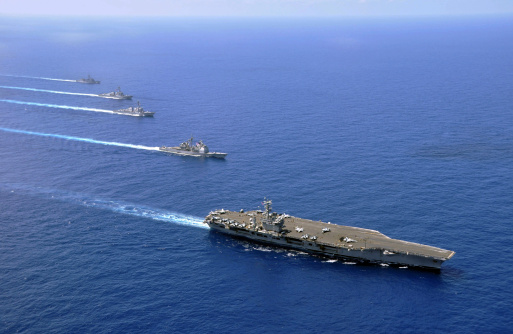In a significant development, over 20 countries have joined the new U.S.-led coalition aimed at securing commercial traffic in the Red Sea from potential attacks by Yemen’s Houthi movement, according to Major General Patrick Ryder from the Pentagon. The coalition, named Operation Prosperity Guardian, was launched in response to growing regional tensions linked to the Israel-Hamas conflict.
The countries participating in the coalition have not all been publicly named, highlighting the political sensitivities surrounding the operation. Greece and Australia have officially declared their involvement, with Ryder emphasizing that each country will contribute in various ways, including vessels, staff, or other forms of support. The coalition operates under the principle of being a “coalition of the willing.”
The Red Sea crisis has intensified due to the ongoing conflict between Israel and Hamas, leading to disruptions in a crucial trade route that connects Europe and North America with Asia through the Suez Canal. The conflict began when Hamas militants crossed the Gaza border into southern Israel on October 7, resulting in a significant number of casualties on both sides. Israel’s retaliatory actions and invasion of Gaza have further escalated the humanitarian crisis.
Iranian proxies, including the Houthi rebels and Hezbollah, have entered the fray by launching attacks on Israel, and the Houthis have specifically threatened all ships heading to Israel. This has prompted shipping companies to reconsider routes, leading to increased container shipping costs.
In response to Houthi attacks, the U.S. Navy, along with the British and French navies, has been actively engaged in defensive measures, intercepting Houthi drones and missiles. Critics in Washington argue that these defensive actions might not be sufficient to deter future Houthi attacks, highlighting the complexity of the situation.
The expansion of the international coalition signals a concerted effort to safeguard vital sea routes and maintain stability in the Red Sea region. As geopolitical tensions continue to evolve, the collaboration among participating nations becomes crucial in addressing the multifaceted challenges posed by the conflict in the region. The situation remains dynamic, and the international community closely watches developments in the Red Sea as efforts to secure maritime trade intensify.
















